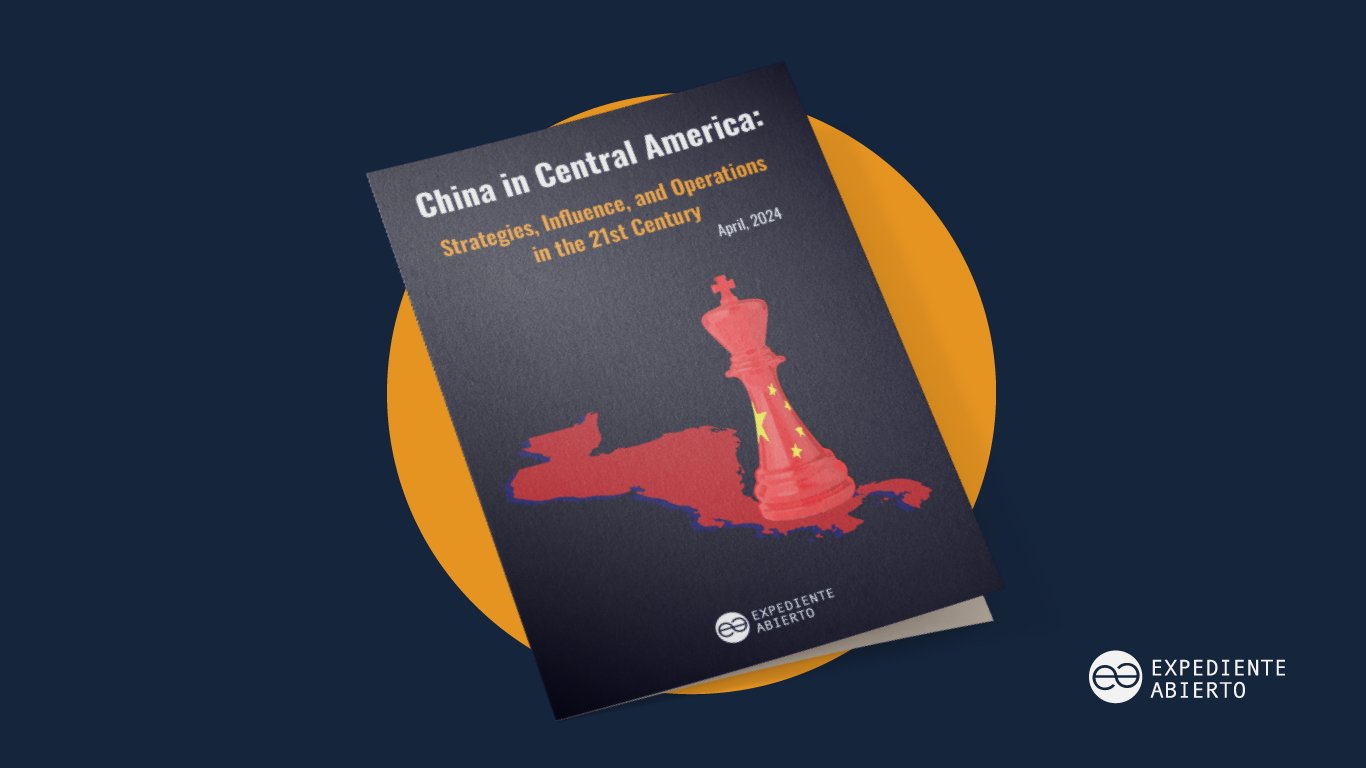The Presence and Influence of the People’s Republic of China (PRC) in Central America
The presence and influence of the People’s Republic of China (PRC) in Central America have intensified over the past two decades, driven by the expansion of trade relations favorable to Beijing and the formalization of diplomatic ties with countries in the region—except for Guatemala, which maintains relations with Taiwan.
The following report provides an analysis of the outcomes of Sino-Central American relations, addressing the expectations, promises, and concerns they have generated, as well as the results in terms of trade, investments, cooperation, and governance. This analysis is based on a systematic review of academic and journalistic research, as well as statistical data and interviews with qualified experts on the subject.
This rapprochement between Central America and the PRC has been shaped by a set of narratives portraying China as a reliable and supportive partner, with no apparent interests, with whom the region’s countries can expand their exports, attract large-scale investments, and receive generous, unconditional cooperation.
However, the findings of this study challenge these assumptions. Trade relations have remained and even deepened their asymmetrical trend in favor of China, leading to the primarization of Central American exports. Investments have been scarce, and cooperation has lacked transparency, often tied to conditions such as the mandatory hiring of Chinese companies, labor, and suppliers for project implementation—whether in the form of donations or loans, particularly in infrastructure projects.
Furthermore, China’s influence raises concerns regarding governance in the region, as it conditions the foreign policies of its Central American partners to align with its interests, fosters opaque bilateral relations, and employs its communication apparatus to disseminate arbitrary narratives aimed at deliberately shaping public opinion in the region.
Based on these findings, this study presents recommendations for civil society, international cooperators, academia, the business sector, and regional governments to strengthen their position in relation to China, taking their own strategic interests into account.


